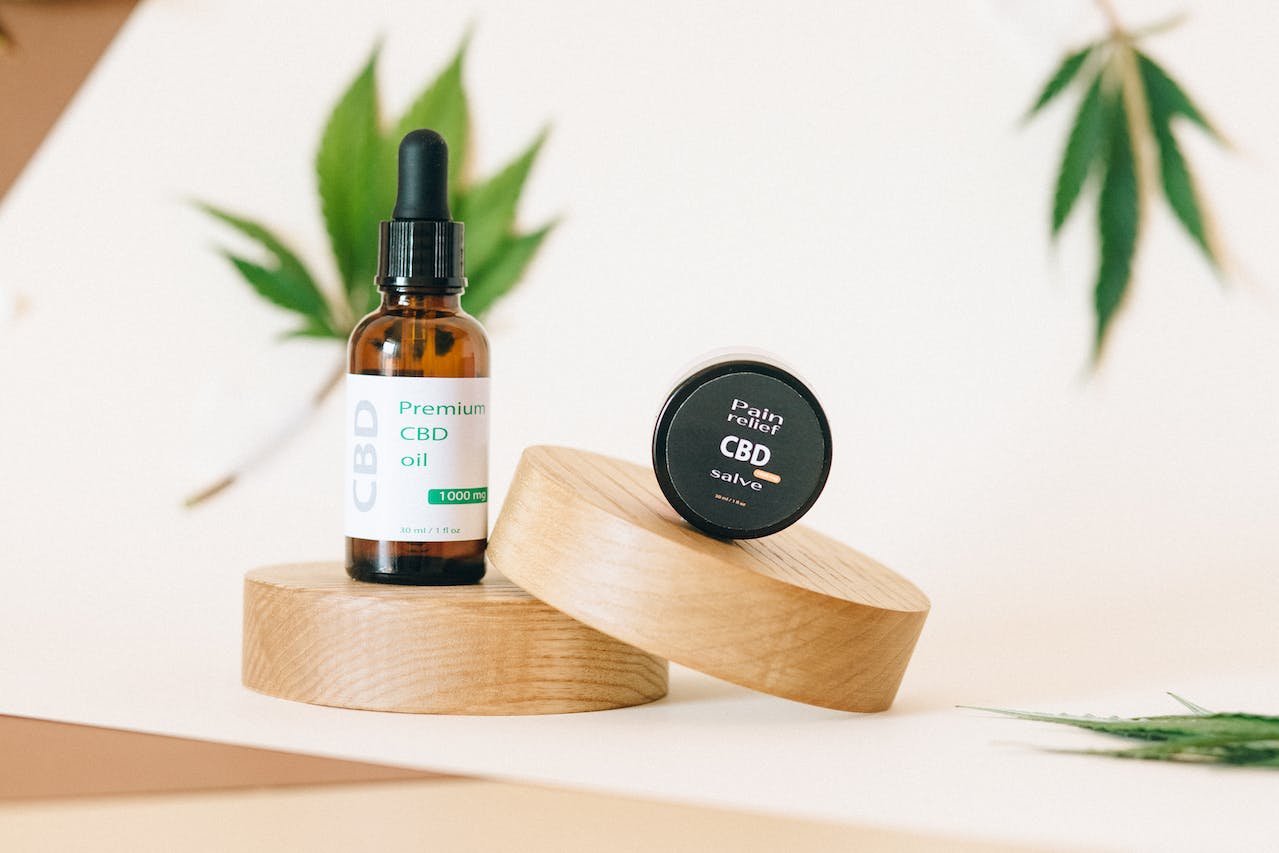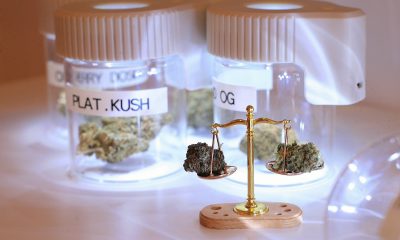Cannabis
The Global CBD Market to Reach $36 Billion Over the Next Decade
North America is the largest CBD market in the world, holding 72.1% of the market share during the forecast period. This is mainly due to relaxed regulation of CBD products in countries such as the US and Canada. The Asia-Pacific region, which includes China, Japan and India, is experiencing significant growth in the CBD market, due in part to recent changes in the law.

The global CBD market is experiencing significant growth, reaching $7.6 billion by 2023. The market is projected to grow to around $36.6 billion by 2033, with an impressive compound annual growth rate (CAGR) of 17.5% between 2024 and 2033.
A key factor driving this growth is the legalization and regulatory changes that have enabled the cultivation and sale of hemp-derived CBD products. Growing consumer awareness and recognition of CBD’s potential health benefits are helping to drive demand for these products.
Medical acceptance, supported by research into CBD’s therapeutic properties, is further fueling its adoption. The industry offers a variety of products, from oils to CBD-infused beverages, that address different consumer preferences, fostering market expansion. Availability through various distribution channels and outlets has played a key role in the wide availability of CBD products.
Read more about the global CBD market and find the latest cannabis news from around the world with the Hemp.im mobile app, available for free for both Android and iOS devices.
The report summarizes its forecasts for the CBD market with six main conclusions:
Market growth: The global CBD market reached $7.6 billion in 2023 and is expected to grow to approximately $36.6 billion by 2033, with an impressive CAGR of 17.5% between 2024 and 2033.
Product types: CBD oil is the most dominant product type, with a market share of more than 30%, mainly due to its effectiveness in relieving chronic pain.
Source: Fiber hemp is the most profitable segment, accounting for more than 63.2% of the market, driven by the fact that hemp contains high levels of CBD and very low levels of THC (tetrahydrocannabinol), which is the psychoactive compound responsible for the “high” associated with marijuana.
Sales type: B2B has the largest market share (55.1%) because B2B transactions typically involve larger volumes of products or services compared to B2C. This segment is also expected to grow in the future as demand for CBD is expected to increase.
End use: Pharma is the most profitable segment, accounting for more than 37.2% of the market, driven by CBD’s neuroprotective and analgesic properties.
Regional dominance: North America leads the market, holding 60% market share, with growing demand in Europe and Asia-Pacific.
CBD market by regions
North America is the largest CBD market in the world, holding 72.1% of the market share during the forecast period. This is mainly due to relaxed regulation of CBD products in countries such as the US and Canada. Consumer preferences are constantly changing, and food, pharma and other sectors may soon change this situation, the report notes, as North American dominance may soon be challenged by Europe.
The Asia-Pacific region, which includes China, Japan and India, is experiencing significant growth in the CBD market, due in part to recent changes in the law. Growing demand for CBD products and ongoing changes in legal status and approval are leading to significant opportunities, the report says.
Previous reports have predicted similar growth in cannabis sales, driven in part by CBD. A December 2022 report came to a similar prediction. The report, “Global Hemp Market by Type,” from Research and Markets, which analyzed the numerous uses of hemp as a textile, food product, construction material and more, predicts an increase in the popularity of hemp products.
—
(Featured image by Nataliya Vaitkevich via Pexels)
DISCLAIMER: This article was written by a third-party contributor and does not reflect the opinion of Hemp.im, its management, staff, or its associates. Please review our disclaimer for more information.
This article may include forward-looking statements. These forward-looking statements generally are identified by the words “believe,” “project,” “estimate,” “become,” “plan,” “will,” and similar expressions. These forward-looking statements involve known and unknown risks as well as uncertainties, including those discussed in the following cautionary statements and elsewhere in this article and on this site. Although the company may believe that its expectations are based on reasonable assumptions, the actual results that the company may achieve may differ materially from any forward-looking statements, which reflect the opinions of the management of the company only as of the date hereof. Additionally, please make sure to read these important disclosures.
First published in Fakty Konopne, a third-party contributor translated and adapted the article from the original. In case of discrepancy, the original will prevail.
Although we made reasonable efforts to provide accurate translations, some parts may be incorrect. Hemp.im assumes no responsibility for errors, omissions or ambiguities in the translations provided on this website. Any person or entity relying on translated content does so at their own risk. Hemp.im is not responsible for losses caused by such reliance on the accuracy or reliability of translated information. If you wish to report an error or inaccuracy in the translation, we encourage you to contact us.

-

 Crowdfunding2 weeks ago
Crowdfunding2 weeks agoAWOL Vision’s Aetherion Projectors Raise Millions on Kickstarter
-

 Africa2 days ago
Africa2 days agoFrance and Morocco Sign Agreements to Boost Business Mobility and Investment
-

 Impact Investing1 week ago
Impact Investing1 week agoItaly’s Listed Companies Reach Strong ESG Compliance, Led by Banks and Utilities
-

 Impact Investing7 days ago
Impact Investing7 days agoCDP Approves €1.5 Billion Package to Boost Industry, Renewables, and International Development

























